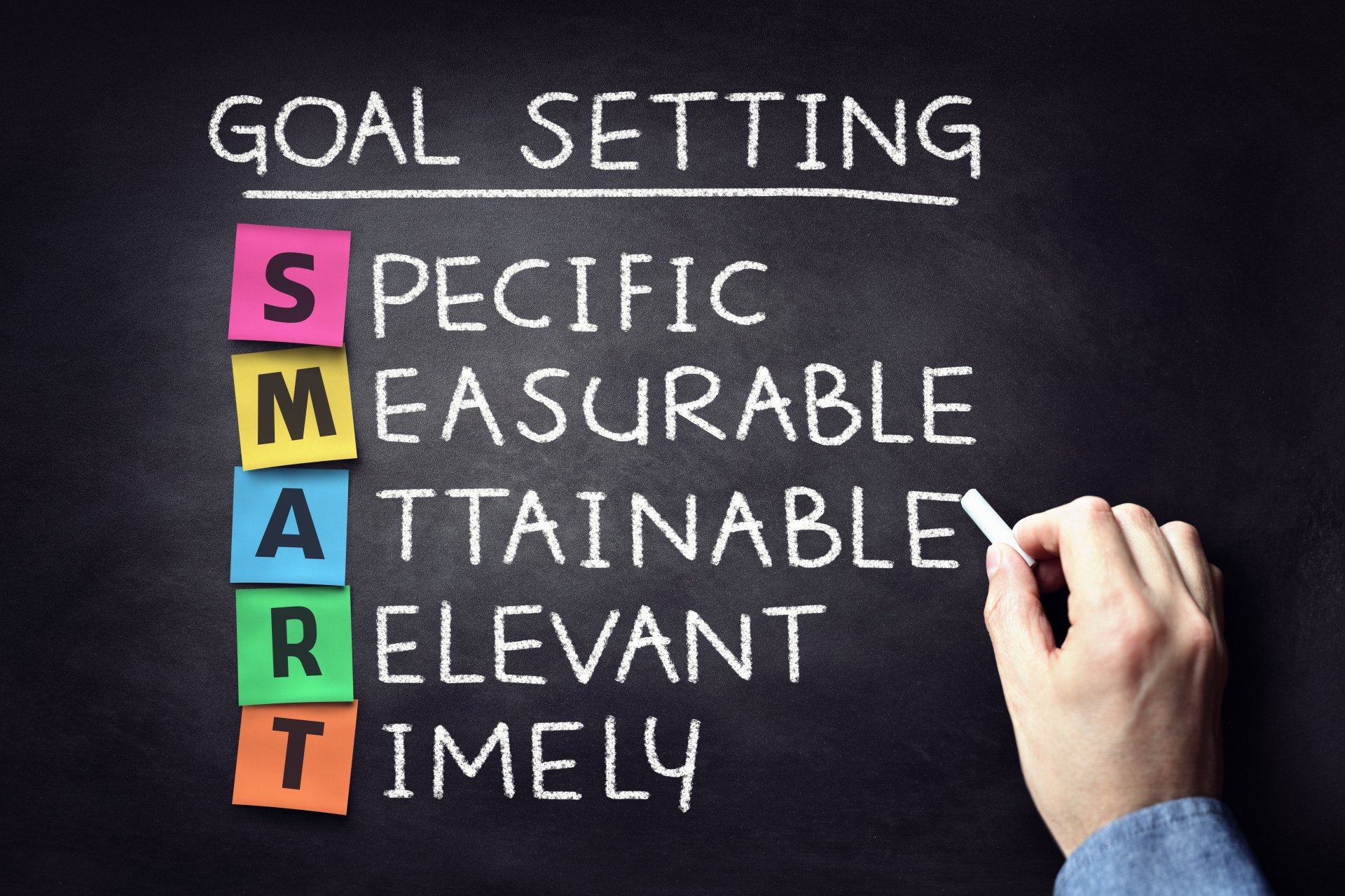Seven Goal Setting Imperatives for Great Performance

Do you actively set goals for your business? Are they written down? Are you tracking your progress against them? If you’re a successful small business owner, you know the importance of setting specific goals that can help you move forward.
As we approach the end of the year and businesses are setting goals for 2022, remember that goals create focus and direction. They build motivation, enable you to measure progress and serve as a powerful communication tool when it comes to mobilizing your team around a common purpose.
Here are seven key points that will help you make the goal setting process more effective.
- Set them. Yep. That’s the first recommendation. But surprisingly few people take the time to set goals. And, as a result, few people accomplish the things that they believe are important in life or in business. The act of setting specific targets creates a sense of commitment and direction that propels you to focus on their accomplishment. If you want to achieve more in 2022, set meaningful goals (beyond your New Years’ Resolutions).
- Remember the SMART acronym. SMART stands for Specific, Measurable, Attainable, Relevant and Time Bound. Well-written goals are detailed and provide a clear picture of what is to be accomplished and how. They contain metrics that can be evaluated, are reasonable, are relevant to the final outcome that’s desired and have specific deadlines. The combination of these elements provide clarity on how performance matches the desired end-state.
- Stretch. In order for goals to be effective, they need to create some degree of stretch or tension. Otherwise they will be put on the back burner. When managed properly, stretch goals will often improve the competence and productivity level of your team. They can be transformative. The key is to balance the “stretch” with the “attainable” factor mentioned above.
- Write them down. A goal that’s not written down is merely a wish. Writing your goals down not only helps you clarify what you want to achieve, it also creates the record against which you can measure your progress. That is what helps you repeatedly and regularly shape your daily activities toward the accomplishment. Remember that tenacity and resilience are key.
- Create an underlying strategy for each goal. It’s one thing to identify a goal that you’d like to accomplish and something altogether different to plan specifically how it’s going to be accomplished. What are the specific actions that you must take in order to accomplish them? What resources will be required? What is the timeline? This is where the rubber meets the road as it keeps the focus on the key behaviors and action items required over time.
- Share them. When you share your goals with others, you increase the likelihood that they will be accomplished. This is because people generally want to present themselves as being accountable. Of course that means that if you don’t progress, you will have to “own-up” to it. Most often, it provides the incentive needed to keep yourself moving forward.
- Celebrate incremental progress. Most worthwhile goals require attention from your team over a significant period of time. The celebration of incremental wins builds dopamine feedback loops within their minds that can help keep their level of focus on progressing toward the final goal. Dopamine is a powerful brain chemical that reinforces action with positive feelings.
Setting goals and objectives is an essential part of small business success and the practice is worthy of your time and attention. As a matter of fact, setting and adjusting your goals and the required supporting actions is a never ending process.
Plan it out. Commit and drive an effective vision that’s clear for everyone on your team that keeps them focused on great things ahead. Build the motivation that leads to your team’s overall success and allow that to become a significant part of your culture and employee experience.





